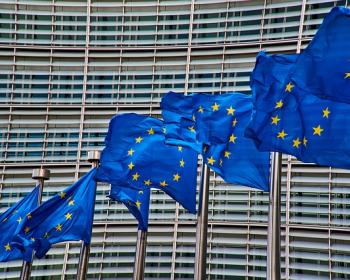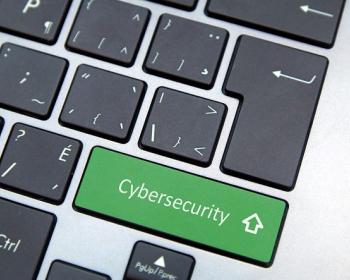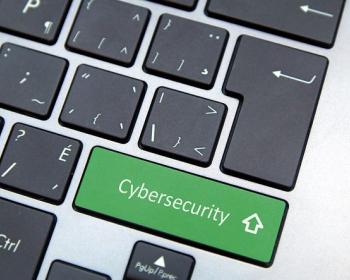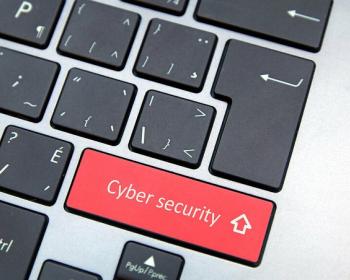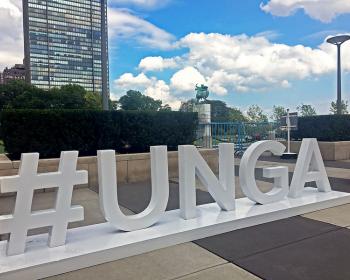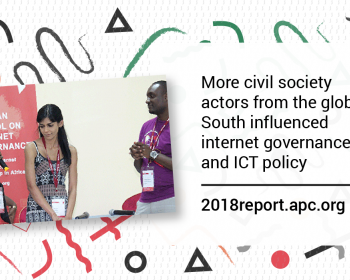cybersecurity
APC outlines positions on some of the areas covered in the digital strategies presented by the European Commission that will undoubtedly set a key precedent for global discussions on issues such as regulating platforms, data governance and artificial intelligence.
APC welcomes this opportunity to address the United Nations Open-ended Working Group and to participate in this informal dialogue with stakeholders. We urge a rights-based and inclusive approach to understanding threats in cyberspace.
At the UN First Committee, two processes – the UN Group of Governmental Experts (GGE) and the Open-ended Working Group – are exploring the same question: responsible state behaviour in cyberspace. This paper examines norms in cyberspace, or "cyber norms", and their relevance to human rights.
From APC’s perspective, we feel it’s important to integrate cybersecurity in our broader work on internet governance capacity building, because cybersecurity touches on so many other areas of internet governance.
This statement focuses on responding to the question: How can non-governmental stakeholders contribute to the implementation of the voluntary non-binding norms of responsible state behaviour contained in the report of the 2015 Group of Governmental Experts?
Efforts to bolster cybersecurity often ignore the human rights dimension, or worse, view human rights as an impediment to cybersecurity. This is a dangerous and misguided assumption. Cybersecurity is a human rights issue, and it is time to start treating it like one.
Countering cybercrime is a key challenge that requires international cooperation. However, the approach taken in the draft resolution “Countering the use of information and communications technologies for criminal purposes” is fundamentally flawed and would restrict the use of the internet for human rights, and social and economic development.
The 14 civil society organisations supporting this statement, including APC, stress that cybersecurity includes the protection of human rights, and cybersecurity-related laws, policies and practices should not be used as a pretext to violate human rights.
Created in late 2018 by the UN General Assembly, the Open Ended Working Group on developments in the field of information and telecommunications in the context of international security aims to broaden the dialogue on cybersecurity among member states, and to a certain extent, other stakeholders.
Internet-related and ICT policy processes protect the publicness of the internet and are accessible, democratic, transparent, accountable and inclusive. This is a compendium of the highlights from APC's Annual Report for 2018.

Association for Progressive Communications (APC) 2022
Unless otherwise stated, content on the APC website is licensed under Creative Commons Attribution 4.0 International (CC BY 4.0)



